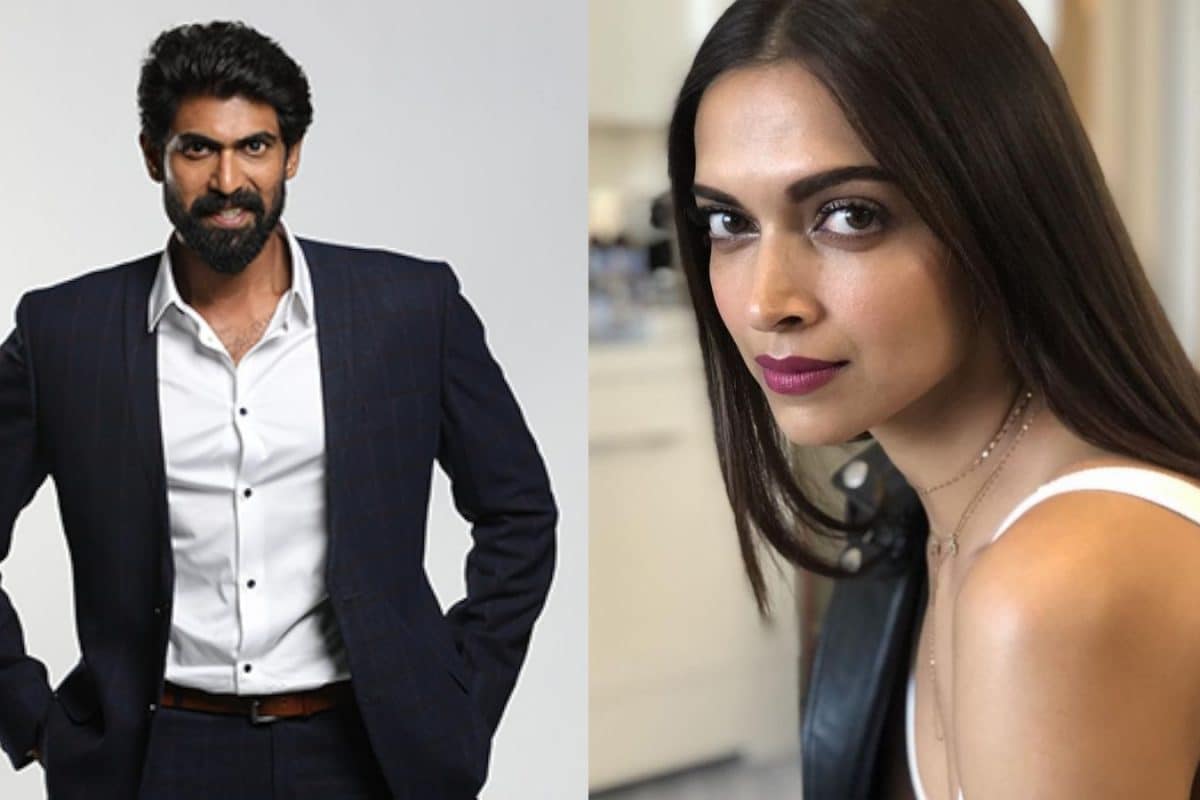

The debate surrounding working conditions in the Indian film industry has intensified recently, particularly concerning the length of shifts for actors. This discussion gained traction after reports surfaced that Deepika Padukone exited Sandeep Reddy Vanga's film, "Spirit," due to disagreements over her request for an eight-hour workday. In the midst of this controversy, actor Rana Daggubati has offered his perspective, emphasizing the importance of considering India's economic realities and the varied nature of the industry.
Rana Daggubati, known for his roles in Telugu and Hindi cinema, shared his views in an interview with The Lallantop, addressing the growing calls for structured workdays in film production. He argued that while striving for work-life balance is a valid aspiration, it's crucial to acknowledge India's status as a developing country. He stated, "We should understand that India is a developing country. We are not a developed nation. Our economy is probably 186th in the world if you look at the per capita income." He suggested that achieving certain standards may require more effort and longer hours, given the nation's developmental stage.
Daggubati also highlighted the differences in working cultures across various film industries and even within different projects. He explained, "Like in Maharashtra it is a 12-hour shift, in Telugu it is an 8-hour shift. But in Maharashtra you start at 9 am, but in Telugu we start at 7 am. The location and city, whether it is shot on a set or a studio, all this also adds to that factor, it is not generic." He emphasized that factors such as location, the type of set, and the specific requirements of a project can all influence working hours.
Addressing the pressure actors sometimes face to work long hours, Rana stated, "Nobody is forcing anybody. It is a job. Like nobody can force you, 'You have to do this show.' It's a choice. Everyone has an opinion on what is important in their life. There are actors who shoot for only 4 hours and but that is their system of working.” He suggested that actors have the autonomy to make choices about their working hours and that different individuals have different priorities.
The controversy surrounding Deepika Padukone's departure from "Spirit" has brought the issue of working hours to the forefront. Reports indicated that Padukone, after becoming a mother, sought an eight-hour workday clause in her contract, along with additional compensation for shoots exceeding 100 days. These demands reportedly did not align with the director's vision, leading to her replacement by Triptii Dimri. Following this, Sandeep Reddy Vanga posted a cryptic message on social media, seemingly directed at Padukone, accusing her of "dirty PR games" and violating an NDA.
The debate has resonated within the industry, with some filmmakers expressing support for Deepika's stance on sustainable work hours. Barun Sobti, for instance, has voiced his support for eight-hour shifts, noting that producers often expect actors to work 12 hours a day. Pankaj Tripathi has also spoken about the importance of setting boundaries and not overextending work hours.
Conversely, some industry insiders have pointed out the practical challenges of implementing fixed working hours in film production. OMG 2 director Amit Rai noted that every industry has its own rules and that limiting shooting time could lead to increased costs and logistical difficulties. Abhishek Banerjee emphasized the importance of professionalism and planned schedules, while also acknowledging that artists' time should be respected.
Ultimately, the discussion highlights the complexities of balancing work-life balance with the demands and economic realities of the Indian film industry. As Rana Daggubati aptly stated, "In a country that has 1.8 billion people and 70–80 percent of those earn Rs 100 a day, and we start seeing things in that light, we will realise that we have a big place to catch up.”